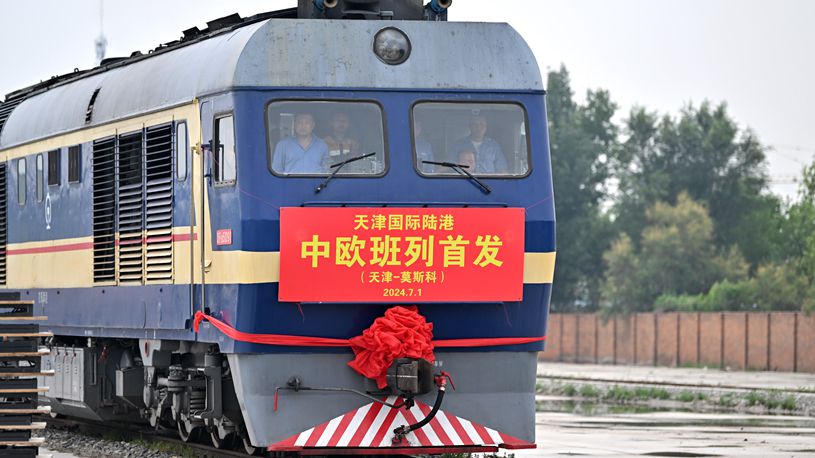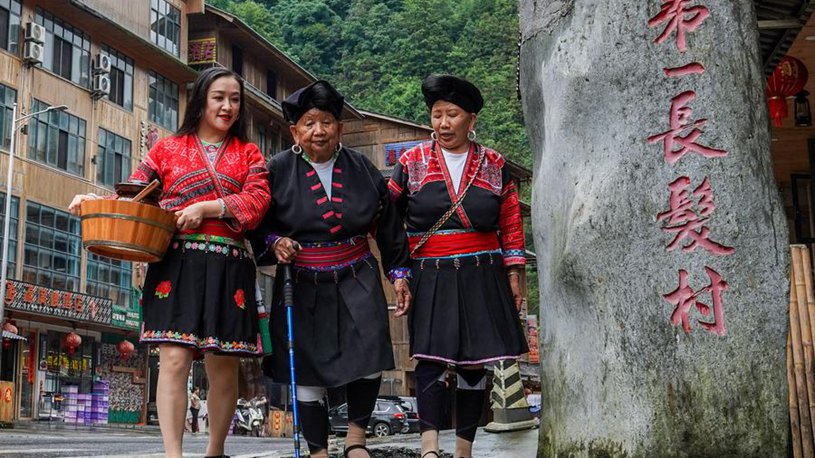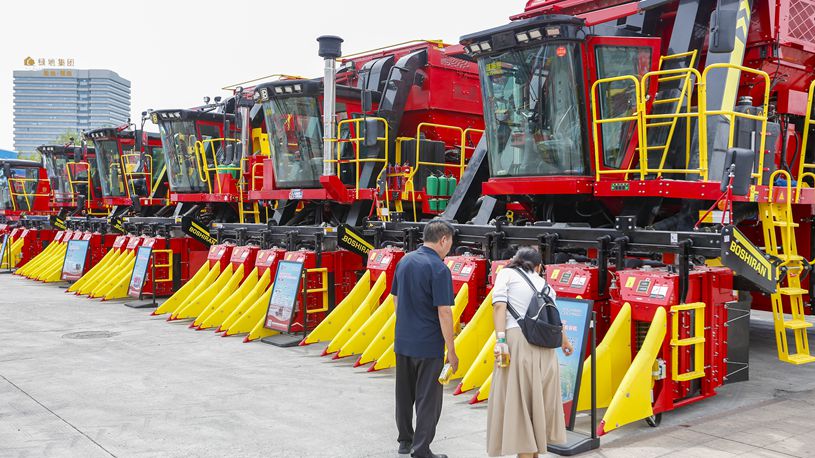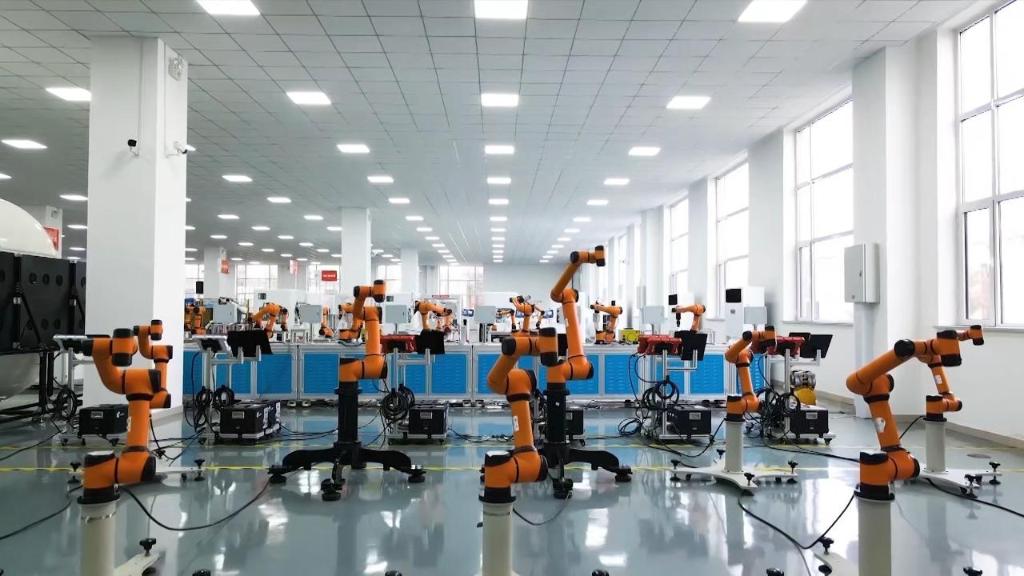The 78th UN General Assembly adopted a China-led resolution on enhancing international AI cooperation, with over 140 countries supporting it. This highlights global consensus on AI governance and China's leadership, aiming for inclusive and sustainable AI development.
UNITED NATIONS, July 1 (Xinhua) -- The 78th UN General Assembly on Monday reached a historic consensus by adopting a resolution spearheaded by China on enhancing international cooperation for artificial intelligence (AI) capacity building, with over 140 countries saying yes.
This milestone decision not only underscores the global consensus on AI governance but also highlights China's pivotal role in driving international AI collaboration.
In an address to the UN General Assembly, Fu Cong, China's permanent representative to the United Nations, said: "At present, the rapid advancement of AI technologies worldwide is having a profound impact on the socioeconomic development of all countries and the progress of human civilization. However, people in most countries, especially those in developing countries, have not yet been able to truly access, use and benefit from AI, as the global digital divide is still widening."
The resolution underlines that AI development should adhere to principles that are people-centered, promote the greater good and benefit humanity as a whole.
"China looks forward to taking the adoption of this resolution as an opportunity to work with member states toward active follow-up and implementation of the resolution by prioritizing development and following a people-centered approach based on equality, mutual benefit, integrity and innovation," Fu stressed.
It calls for international cooperation and concrete actions to help all countries, especially developing nations, to enhance their AI capabilities.
This includes strengthening their representation and voices in global AI governance, advocating for an open, fair and non-discriminatory business environment, and supporting the United Nations' vital role in facilitating international cooperation.
The aim is to achieve inclusive, equitable and sustainable AI development, contributing to the fulfillment of the United Nations' 2030 Agenda for Sustainable Development.
"The draft resolution reaffirms the UN Charter, the 2030 Agenda for Sustainable Development, the Addis Ababa Action Agenda, and the outcomes of the World Summit on the Information Society and a number of other important political consensus. It also recognizes that the rapid advancement of AI not only brings new opportunities for the obtainment of Sustainable Development Goals, but might also pose potential risks and challenges," Fu elaborated.
The unanimous adoption of this resolution reflects a widespread agreement among UN member states on the necessity of enhancing global AI governance through dialogue and cooperation. It also demonstrates China's responsible approach and significant leadership in AI development and governance.
From four rounds of member-state consultations to bilateral exchanges, from the proposal of the draft resolution to the co-sponsorship by over 140 countries, every step of this process has showcased China's openness, inclusiveness and proactive participation.
"China has fully listened to and actively taken on board the reasonable views and suggestions of the broad membership," said Fu.
In October 2023, Chinese President Xi Jinping introduced the Global AI Governance Initiative, which set the course for global AI development and governance.
This resolution, as the United Nations' first on international cooperation for AI capacity building, fully embodies the core principles of the Global AI Governance Initiative and the Global Development Initiative.

It aligns with the high expectations of numerous UN member states, particularly developing countries, and represents broad and robust support for multilateralism and the United Nations. It is a significant step in practicing the concept of a community with a shared future for mankind on the UN platform.
By prioritizing development, being people-centered, fostering equality and mutual benefit, and adhering to integrity and innovation, China aims to take practical actions to help developing countries strengthen their AI capabilities, further bridge the digital gap, and empower sustainable development through AI for the benefit of all humanity.
"It is the shared expectation of the UN membership to enhance international cooperation on AI capacity building, develop and utilize AI on an equal footing, and share the fruits of AI knowledge," said Fu.■











